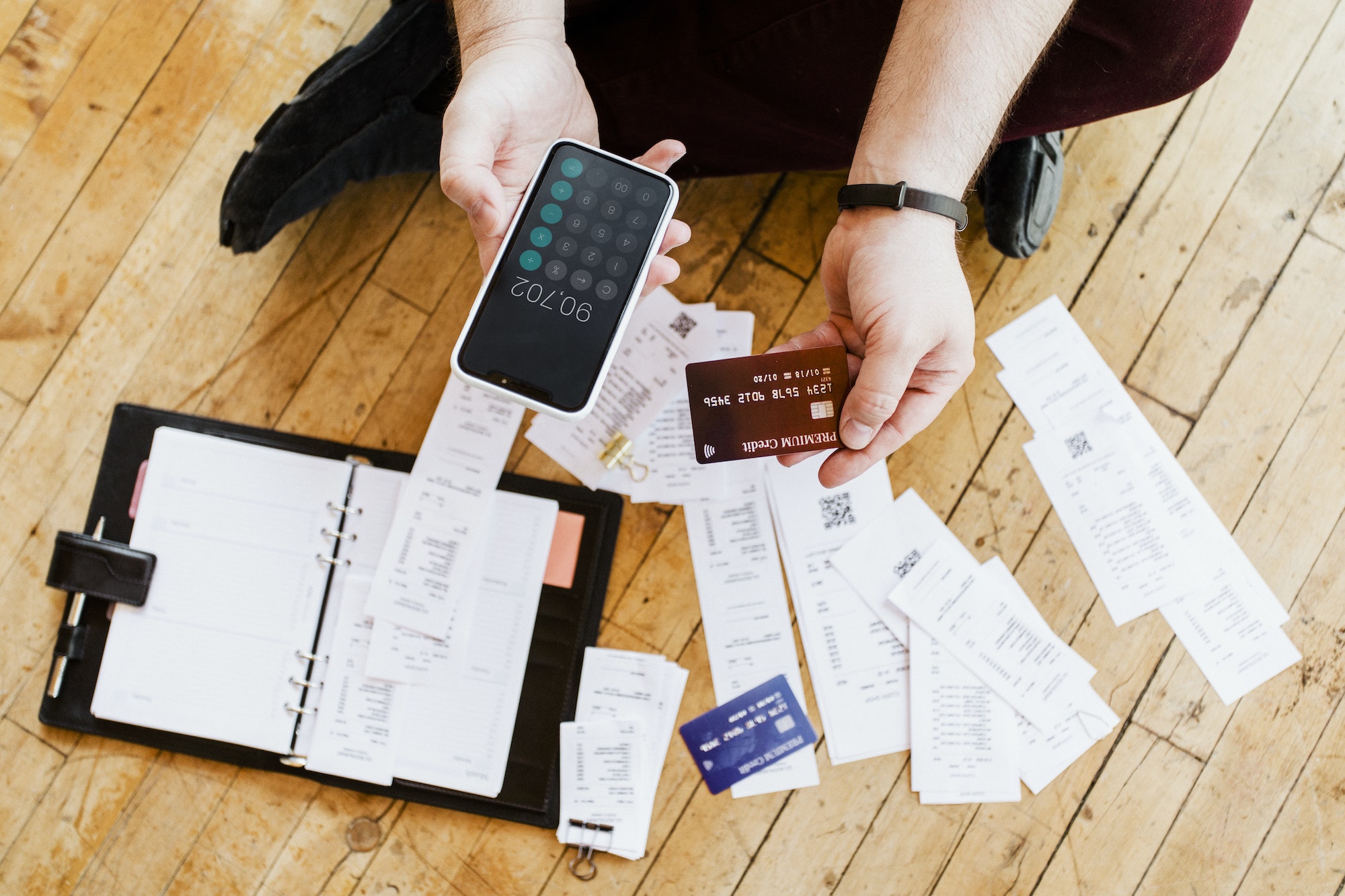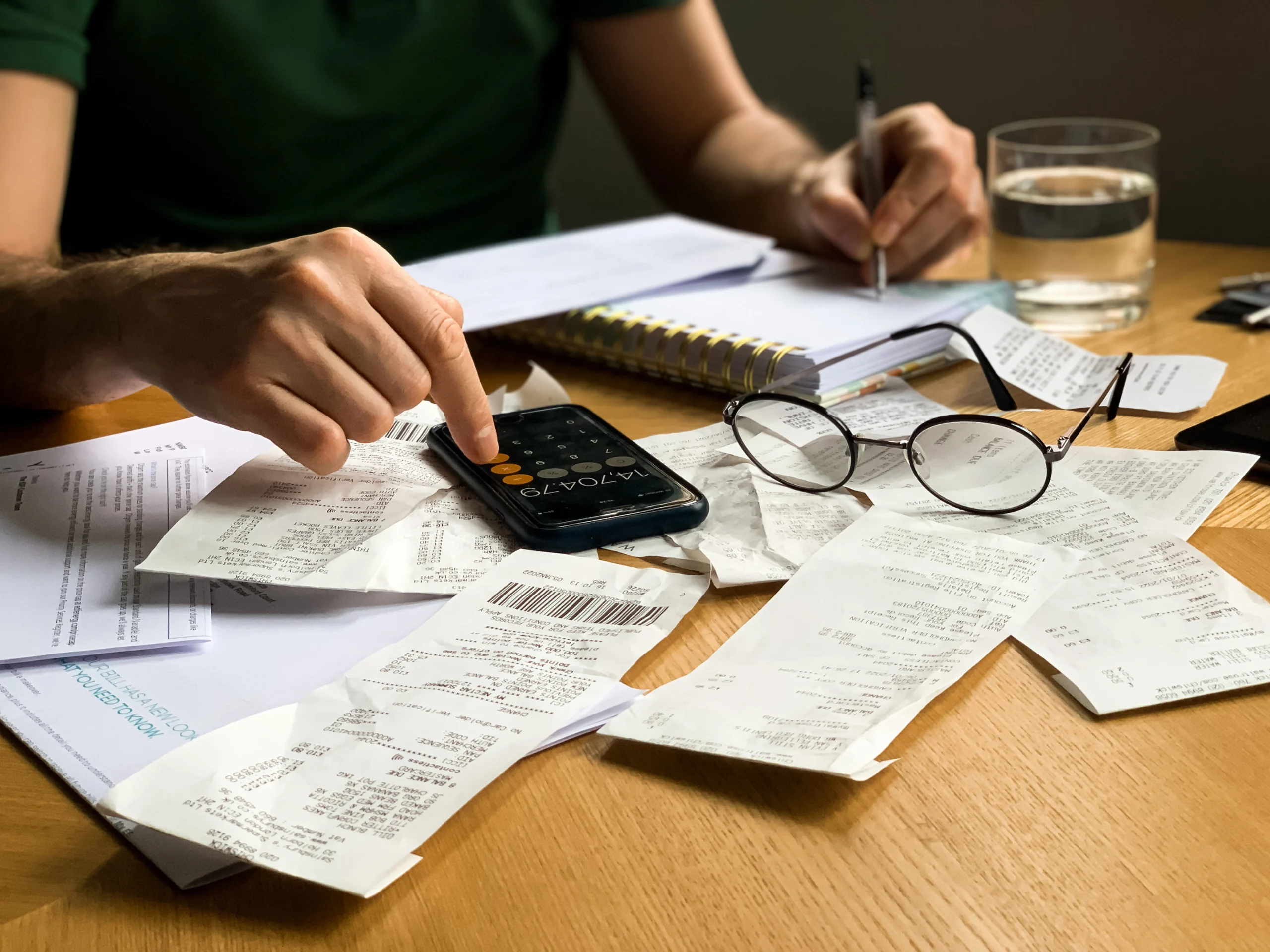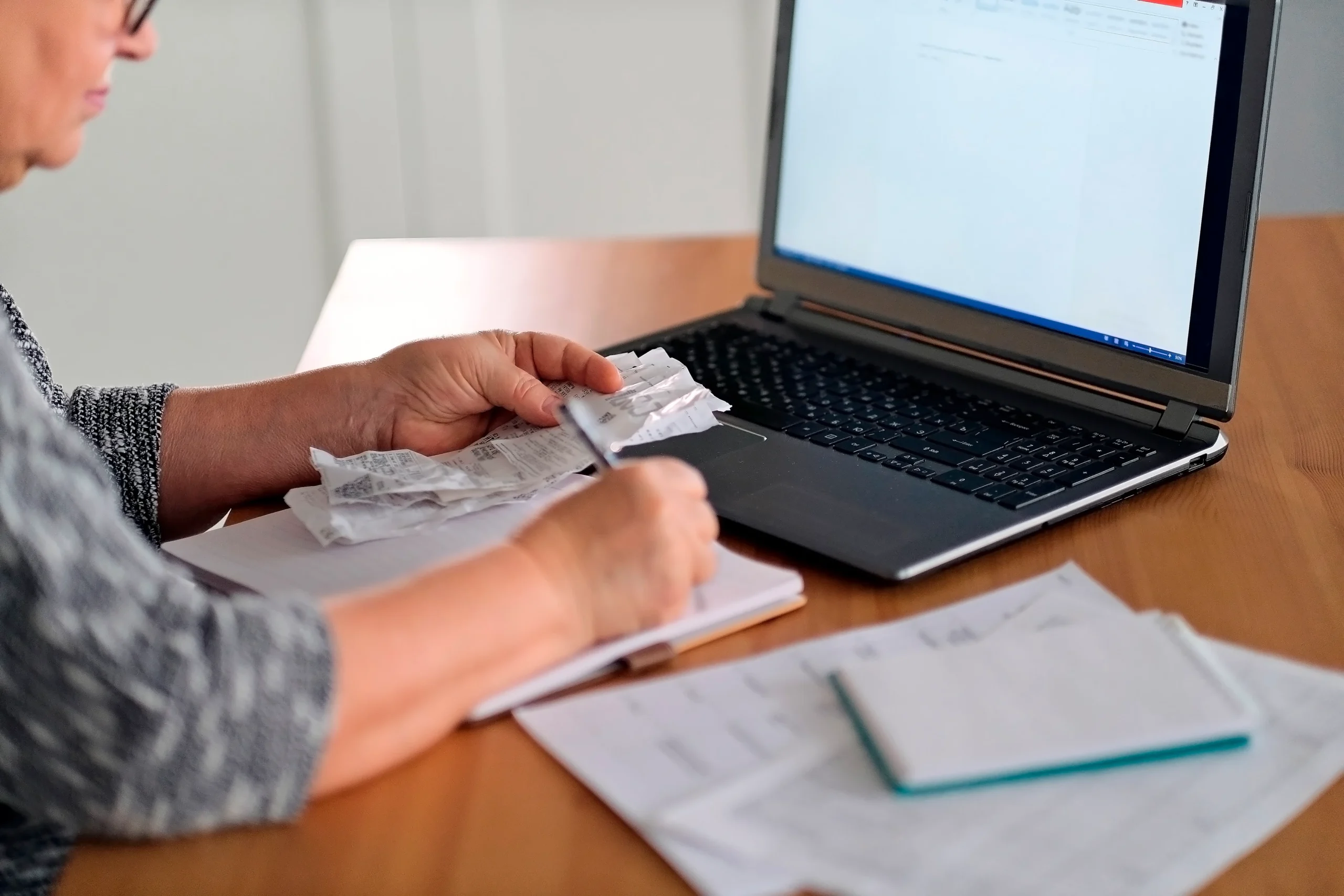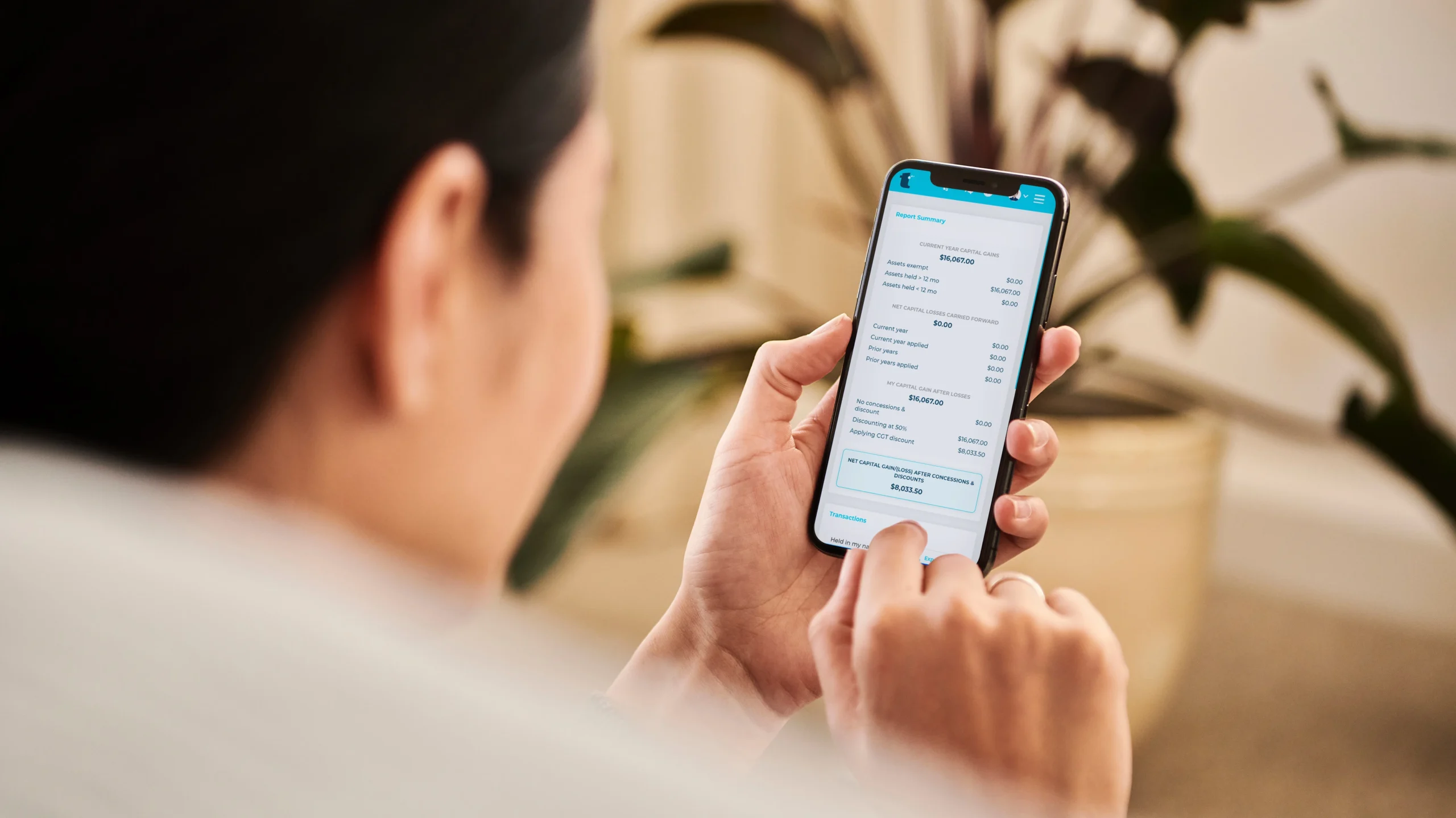In this article, we will provide you with a comprehensive guide on sole trader expenses in Australia, aimed at helping you manage your finances better, reduce your tax bill, and stay compliant with ATO regulations.
Managing your sole trader expenses is crucial to the success of your business. Effective management can help you reduce your tax bill and make informed decisions about your business. In this guide, we will cover the most common sole trader expenses you can can claim, along with some tips on how to keep accurate records and remain compliant with ATO regulations.
Claiming Sole Trader Expenses
As a sole trader in Australia, you can claim tax relief on expenses that are incurred “wholly and exclusively” for the purpose of your business. This means that you can deduct the cost of these expenses from your taxable profits, which can help to reduce your tax bill. Some of the most common sole trader expenses you can claim include:
Office Expenses: These are everyday operational costs and include rent for your business premises, utility bills, phone and internet charges, and stationery supplies.
Travel Expenses: If you travel for business purposes, such as attending meetings or networking events, these costs can be deductible. This includes transportation fares, fuel costs for business trips, and even accommodation if required for overnight stays.
Marketing and Advertising Costs: Any money spent on promoting your business, including online advertising, print media, flyers, and promotional events, is claimable. This is vital for growing your client base and enhancing your brand presence.
Professional Fees: Costs incurred for professional services, such as hiring an accountant, solicitor, or consultant, directly related to your business operations, are deductible. These services are often essential for legal compliance and financial management.
Materials and Stock: The cost of goods or materials purchased for business use or for resale can be claimed. This includes anything from raw materials used in production to merchandise for retail.

Record Keeping
Keeping precise and organised records of all business expenses is essential. Ensure you have all receipts, invoices, and detailed logs, especially for expenses like travel. Accurate record-keeping is critical for compliance with Australian Taxation Office (ATO) regulations and for maximising your deductions.
By understanding and claiming these key sole trader expenses, you can significantly reduce your taxable income, leading to a lower tax bill. There’s also a number of software programs and apps available that can help you keep track of your business expenses, including TaxTank. These programs can help you keep your records up-to-date and make it easier to submit your tax return at the end of the financial year.
Staying Compliant: Tax laws and regulations can change, and it’s important to stay updated on these changes to maintain compliance. For instance, recent changes to GST rules require sole traders to apply GST on certain imported goods and services sold to Australian consumers. Understanding and complying with these rules is vital to avoid non-compliance penalties. Other compliance requisitions include:
GST Compliance: If your business has a GST turnover of $75,000 or more, you’re required to register for GST. This involves charging GST on taxable sales, claiming credits for GST included in the price of goods and services you’ve purchased for your business, and lodging regular business activity statements (BAS).
Superannuation Obligations: If you have employees, you must comply with superannuation guarantee obligations, including making regular superannuation contributions for eligible employees.
Final thoughts
Managing your sole trader expenses in Australia is critical to the success of your business. By claiming tax relief on your expenses, keeping accurate records, and staying compliant with ATO regulations, you can reduce your tax bill, avoid ATO penalties and stay on top of your finances.
TaxTank’s innovative sole trader tax platform has made it so easy allocate your sole trader expenses directly against your bank transactions. This feature creates precision in managing cash flow and highlights what’s been paid or is outstanding. From just $9 per month go beyond spreadsheets or business apps to keep your sole trader business finances in order with TaxTank. Make smarter allocations of business expenses via live bank feeds and store your receipts in the cloud to give you greater surety over your tax affairs. Get started today and keep your income tax and sole trader business finances in top shape, with our 14 day free trial.





